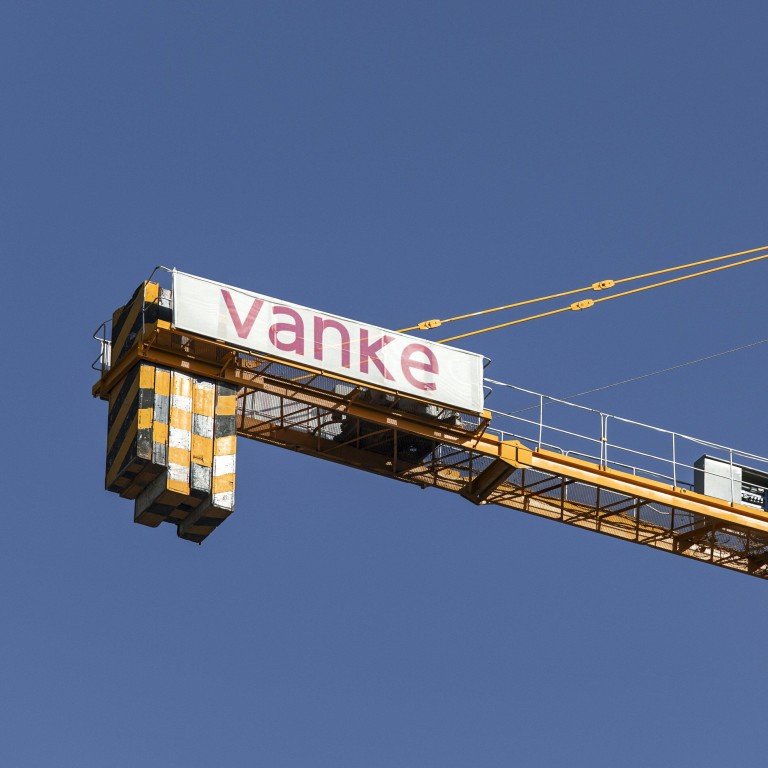
China Vanke tells staff to cut spending on travel, gifts as even the most financially stable developers face up to property sector gloom
- The country’s third-biggest home seller by sales told its staff to ‘live frugally, spend small money and do big things’ at a meeting on Tuesday
- Vanke’s move to tighten the purse strings comes amid a real estate slump in China as cash-strapped developers frantically offload assets to stay afloat
China Vanke, the country’s third-biggest home seller by sales, told its staff to “live frugally, spend small money and do big things” at a meeting on Tuesday, according to an internal document seen by the Post.
Likening the circumstances to a “war time” mentality, the company asked employees to book cheap tickets and hotels when travelling and cut their spending on treats and gifts.
The Shenzhen-based company, which is in good shape and under less liquidity pressure compared with many of its peers, said staff cannot continue to think and work as if it is still the golden era of the real estate sector and urged them to raise their “crisis awareness”.
China’s monthly benchmark price index of new homes fell for the first time in six years in September, by 0.1 per cent on a monthly basis, according to the National Bureau of Statistics (NBS). It dropped by a further 0.25 per cent in October.
“Now the developers must adopt new strategies and be careful with costs and operations to stay profitable under the tough environment.”
Many of Vanke’s peers, who are heavily indebted and struggling to pay off creditors, are having to go a lot further than just tightening their belts, and are rushing to sell assets and shares to stay afloat.
China Evergrande Group, the most indebted of all, sold 1.66 billion shares of HengTen, an online film company, to Allied Resources Investment Holdings at HK$1.28 a share, representing a 24.3 per cent discount to Wednesday’s closing price, according to a Hong Kong stock exchange filing on Thursday.
That followed sales of two blocks of HengTen stock in August and earlier this month amounting to HK$4.37 billion (US$560 million), and marked Evergrande’s complete exit from the company.
Agile Group said on Thursday it had sold convertible bonds worth HK$2.4 billion based on the initial exchange price of HK$27.48 per share of its property management unit, A-Living Smart City Services.
“The fundraising is beneficial to the company considering the recent market conditions,” Agile said, adding that the proceeds would be used to repay its HK$190 million senior notes due on Thursday.
Early this week, Sunac China, one of the top four developers in the country, said it had raised HK$949.70 million by issuing new shares and selling a stake in Sunac Services.
Highly leveraged property developers like Evergrande and Kaisa Group have faced liquidity crunches and missed interest payments on their offshore debt in recent months against the backdrop of Beijing’s efforts to control speculative bubbles in the residential real estate sector.
Beijing’s measures, known as the “three red lines”, have made it more difficult for overleveraged developers to obtain bank loans, cutting off an important source of liquidity.
“This downturn is unlike previous corrections as it has already contributed to a number of developer defaults,” said S&P Global Ratings credit analyst Matthew Chow.
“Government tightening measures are driving the downturn. Some developers’ inadequate liquidity management and their reliance on hidden debt have compounded market strains, but investors will likely be focused on when easing may happen.”

